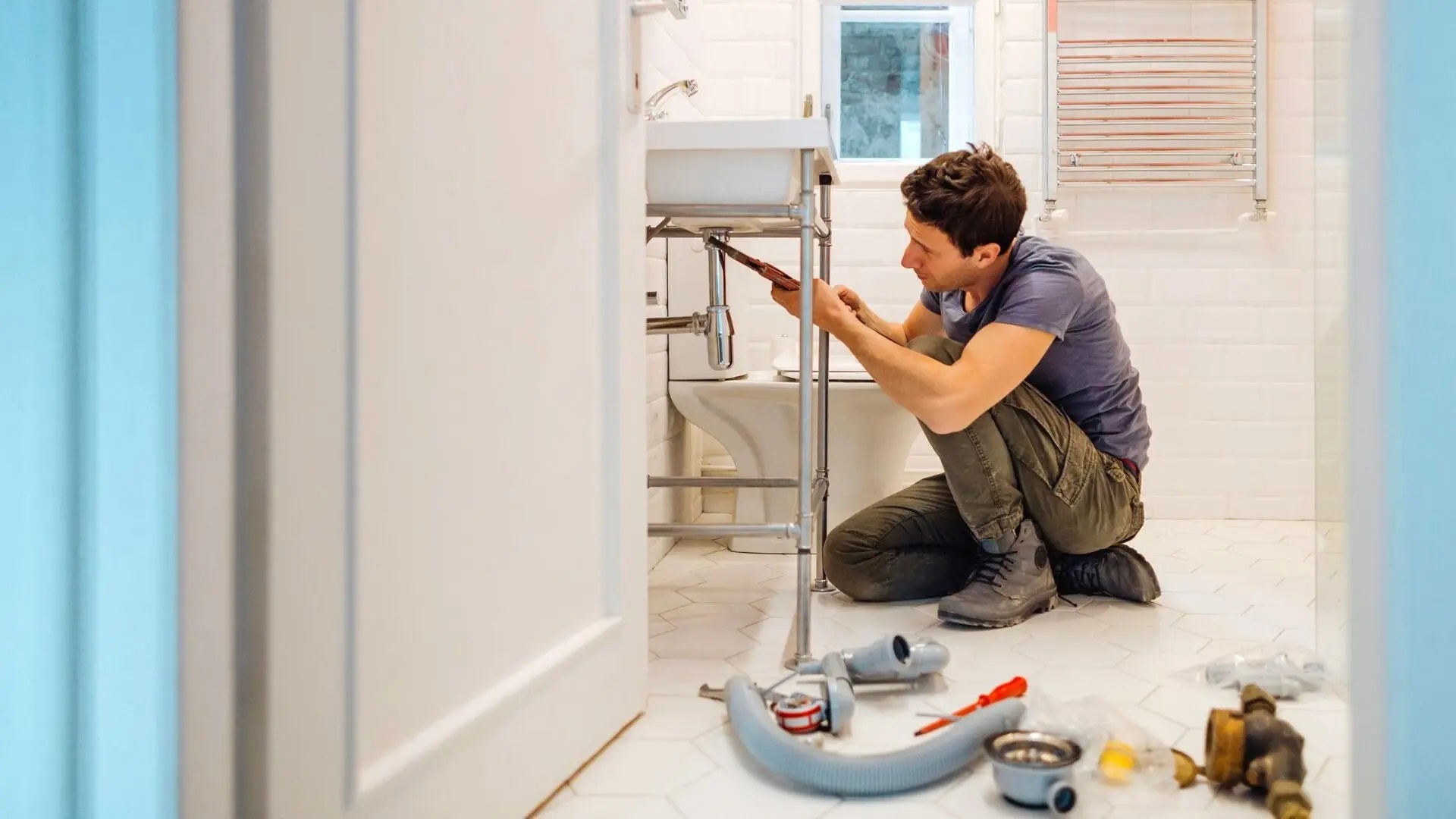Most people are familiar with the services needed in their homes when it comes to plumbing. However, commercial plumbing has some key differences that set it apart from residential plumbing. As a business owner, it’s important to understand these differences so you can be sure to work with a commercial plumbing company that truly meets your needs. Here are some of the differences between residential and commercial plumbing services in San Antonio, TX.
Commercial Sites Generally Have Larger and More Complex Systems
The plumbing systems in commercial buildings are on a much larger scale than in homes. After all, you need to accommodate more people using more fixtures and appliances every day. This means the piping systems have to span longer distances and integrate more complex components. The plumbing infrastructure has to handle large volumes of water and waste efficiently. You’ll also likely need specialty plumbing equipment that just wouldn’t be necessary in a residence.
Commercial Plumbers Have More Advanced Technical Expertise
To handle those large complex systems, commercial plumbers receive more advanced technical training in areas like new construction, retrofitting plumbing in existing buildings, drainage for large loads, and mechanized equipment. They understand commercial-grade fixtures, backflow preventers, water meters, pressure regulating valves, and automated sensor-based equipment that helps conserve water and energy. This allows them to not only tackle repairs but also help advise you during new construction or renovations.
Specialized Equipment and Materials Are Often Necessary
In addition to advanced expertise, commercial plumbers also have specialized high-capacity equipment and durable materials to match your needs. This includes things like hydro jetters to clear blockages in large drains, video inspection systems to analyze the interiors of pipes, high-pressure water heaters for businesses like hotels and hospitals, grease interceptors for restaurant kitchens, and more.
Commercial Plumbers Must Meet Strict Codes and Regulations
Strict building codes and safety regulations apply to the plumbing in businesses and public buildings. Commercial plumbers are trained to identify issues that could impact public health so that you don’t have to worry about compliance. They also stay current on codes as they change over the years due to new technology, equipment, and priorities.
Commercial Plumbing Demands Are Continuous
While residential plumbing usage fluctuates, commercial buildings have constant heavy demands day in and day out. This means your plumbing systems have to stand up to wear and tear. Commercial plumbers can address immediate issues and recommend regular maintenance, inspections, and replacement parts that will prevent emergency repairs.
Additional Services May Be Necessary
Finally, commercial plumbing projects often demand additional related services you wouldn’t need for homes. This includes things like locating or moving existing utility lines before construction, safely removing hazardous materials like asbestos during renovations, managing stormwater drainage and retention ponds, advising on water conservation programs, and handling specialized needs for hospitals, industrial facilities, or unique buildings.
As you can see, commercial plumbing is far more complex with unique demands compared to homes. By understanding these key differences and working with qualified commercial plumbers, you’ll ensure your business gets the exact services it requires while avoiding unnecessary costs for residential-focused work. Reach out to discuss your specific commercial plumbing needs today.

